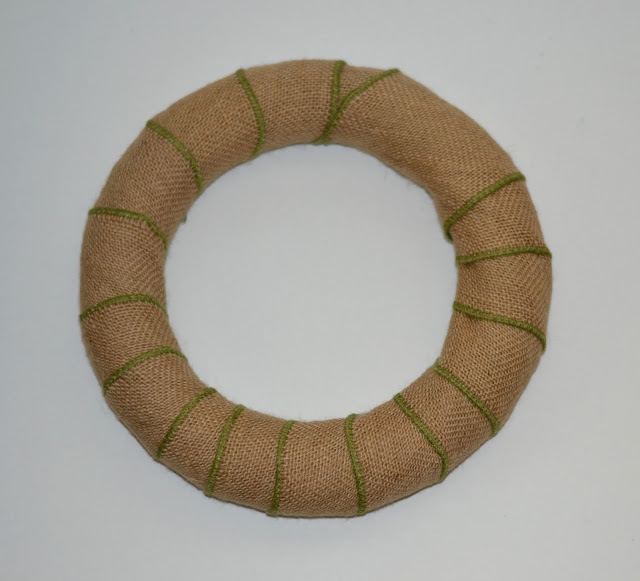My oldest son is a senior in high school this year and while it feels like just yesterday I was holding his hand walking him into pre-school, it won't be long before I'm packing him up and saying goodbye for months at a time.
Let's not talk about that part though. Let's talk about the fun part where we get to travel and spend time together and make memories and plan futures. That part is fun and not as scary.
If you are in this phase of life with a junior or a senior in high school and college looks like it's in their future, this guide will help you plan the perfect college visit.
1. Start local
My son knows that he's not interested in attending school locally. And by locally, I mean anywhere in our great state of Washington. That hasn't stopped me from a) trying to convince him {heck, in state tuition is so much more reasonable!} and b) taking college tours at local schools.
Most kids don't know what they like and what they don't like about a college campus. They may not even know what they should like or be looking for. Going to some local universities for a tour gives them the barometer they need to start comparing one school with another, and it may just help them narrow down where they want to apply when the time comes.
Does your son or daughter want a big school or do they prefer a smaller university? Do they want a rural campus or do they prefer something more urban? Hitting up a local college or university is a great way to get an idea of what type of school that your child is interested in and give them an idea of what a campus tour is like, what kinds of questions they have and gives them an opportunity to find out what's most important to them in a college.
2. Schedule your visit
Once you have your list of schools that you want to visit, go to their website. Most will have a tab that has more information on planning and scheduling your visit. I have found that you really need to give a college visit at least four hours.
In my experience, starting your campus visit is best if you start it with a guided college tour. The college tour guide is usually a current student not much older than your son or daughter but they can answer questions about college life and point out the highlights of the campus.
If touring a residence hall is important, make sure you schedule a tour of them. There is so much information on-line now that many websites provide virtual tours of dorms and living spaces.
3. Make time to sit in on a class
Many universities have an open door policy for perspective students. While I haven't had my son sit in on a class at every college we have toured, I do think it's important that he's had that opportunity. At nearly every college you will visit you will hear the mention of class size. Just knowing what your son or daughter is comfortable with in terms of class size is important.
Have them sit in on a class with 100+ students if they plan on attending a large university where that is the norm. Let them get a feel for what that is like. On the flip side, have them also sit in on a smaller class. Your college visit is all about being able to compare and contrast and use their findings to narrow down the best fit for their future education.
4. Make an academic appointment
While your college bound student may not know exactly what degree they want to pursue just yet, have them meet an advisor {or two} in the college department that they seem to be interested in. Most college applications will make you narrow down what department you want to apply to, so now is a great time to get a feel for what it is that your son or daughter may be most interested in.
When my son has had these appointments, I have sat in on them but it's important to let your child take the lead on asking the questions and steering the conversation. If you need to, role play with your child ahead of time so that they are comfortable engaging in conversation.
If you know ahead of time the advisor or professor that you are meeting, it's probably not a bad idea to take a second to google their name. Read some of their published works, get to know what their interests and specialties are. Just taking this time will make your child seem more prepared and will give them a talking point that will probably take the heat off of them in a conversation.
5. Meet with the admissions advisor
Not all schools require an interview, but if your child has strong interpersonal skills, the opportunity to meet with an admissions advisor while you are on campus may be very beneficial during the application process.
The few schools that we visited my son's junior year all made notes of the interactions he had either through information sessions, college fairs and most importantly the time spent face to face with the admissions advisor. These interactions gave him opportunities to apply early decision, sometimes without fees.
6. Stay local
When you are visiting a college, try to stay local. If you need to spend the night, try to stay on campus or on the outskirts. Walk around campus at night, eat dinner at a local hot spot. If you can, have lunch at a dorm or in the student union. This gives you the opportunity to see what college life on the campus is really like.
Don't be afraid to strike up conversations with the students. Ask them what they think of the college and why they selected it. My son is interested in being a part of the greek system. We happened to be at lunch and saw a group of students with fraternity and sorority shirts on. We struck up a conversation with them and got the inside scoop on greek life at this particular university. My son even made a connection with one of the fraternity members and has his number should he attend the school in the fall.
These conversations are usually the most honest conversations that you will have. The campus tour guide, the college admissions advisor, the visitors staff are all doing their best to sell you on the university. You will only ever hear the positives. Candid conversations with students on campus usually gives you a different perspective into college life that you might not have gotten otherwise from those people you have come in contact with so far since they are trying to sell you on their university. Don't be afraid to stop college kids. It may be the most insightful conversation you have on your whole tour.
7. Make a list
We visited 3 universities in 5 days, they all started to blend together. Have your child keep a list of the pros and cons of each school. Use the time after your visit to talk together about what they liked and what they didn't like. This chance to debrief after your visit is the best time to find out what's really important to your child in a college or university.
8. Follow up
Make sure that your child follows up with the college staff that he or she has met. Most of the academic advisors and admissions officers are quick with their business cards, but if they aren't make sure that your child made a note on their list {see #6} of the person who they spoke to. This follow up is a great way to prepare your child for future job interviews.
This is an exciting time! Make the most of the opportunity and enjoy the preparation. If you have anything to add, I would love to hear it! Simply comment below or send me a message rachelholycraft@gmail.com















































